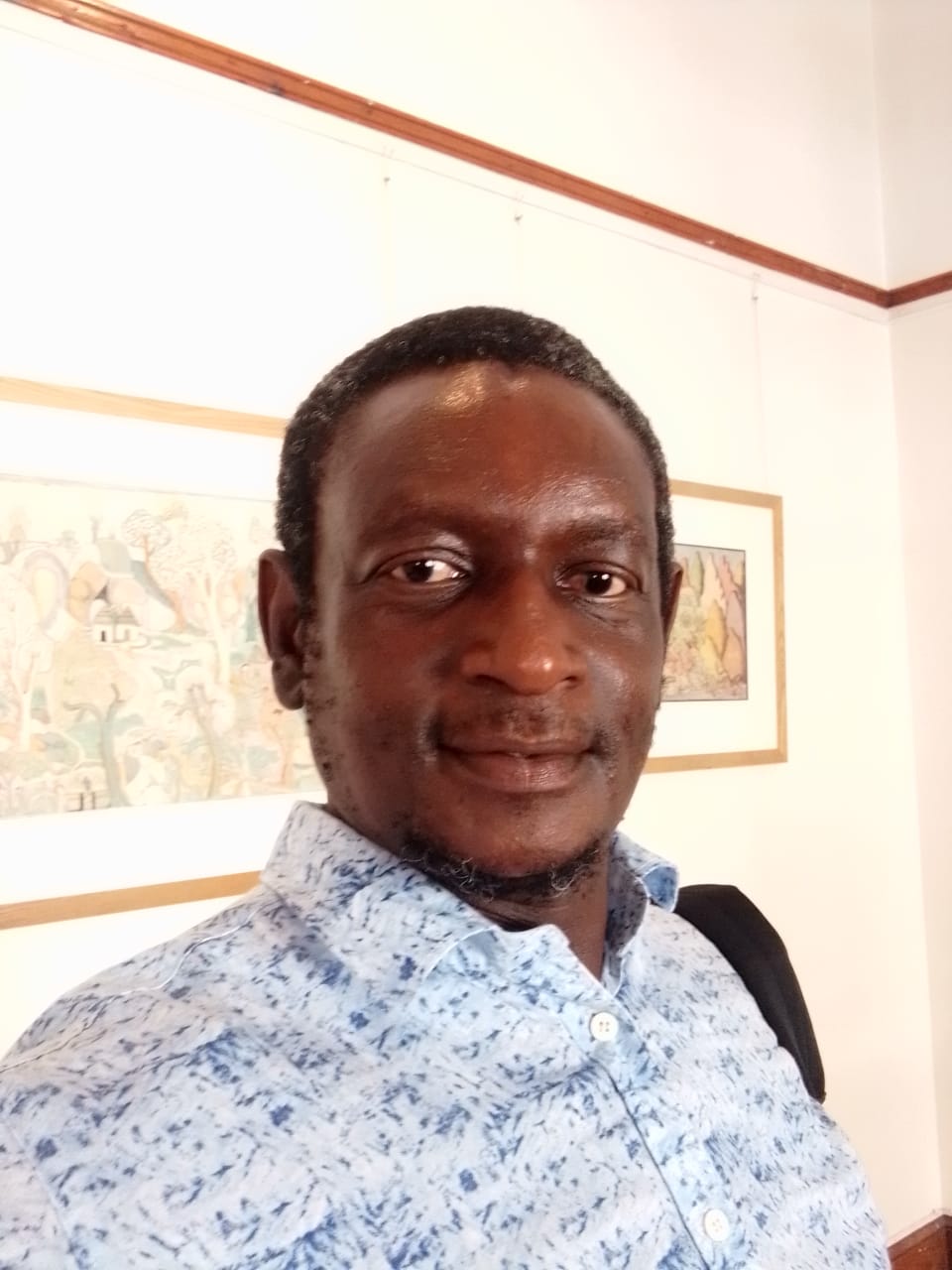
Tendai Ruben Mbofana
This disaster of his administration’s unmitigated failures has been mostly characterized by repeated free falls of the local currency – more so, after his ill-advised decision to reintroduce the discredited Zimbabwe dollar in 2019 – coupled by the subsequent frequent bouts of hyperinflation.
As we speak now, the annual inflation hovers around a shocking 300 percent, whilst one US dollar costs an unbelievable ZW$800 – leaving most basic commodities out of the reach of the country’s poverty-stricken majority, whose salaries have remained largely stagnant for years, or lagging way behind the cost of living.
However, what I find most disturbing is how the Mnangagwa government has attempted to disingenuously portray the relative stability of the local currency, as well as the inflation rate, as something to boast about.
A day never passes by without some official or their subservient mouthpieces making a whole big hullabaloo over these supposed ‘phenomenal strides made by the Second Republic in stabilizing the economy’.
What are these supposed ‘phenomenal strides’, when more than two thirds of the workforce still earn below the poverty datum line, and nearly half the population living in extreme poverty?
Surely, who in their right mind can brag about having the highest food inflation rate in the world (standing at an alarming 353 percent), or the local currency at ZW$800 to the greenback?
Let us not forget what it means to ‘stabilize the economy’.
Stability, or to be stable, basically translates to a state of unchanging, or steady, or not moving, or fixed or consistent – in the case of an economy, where there are no excessive fluctuations in the macroeconomy.
In other words, if Zimbabwe’s inflation rate remains at nearly 300 percent, food inflation at 353 percent, the local currency at ZW$800 to US$1 for a prolonged length of time – it can be said that the economy had ‘stabilized’.
If two thirds of those gainfully employed continue to earn below the poverty datum line, 7 million Zimbabwe still living on less than US$1.90 per day, and meagre salaries remaining unchanged for a significant length of time – this can be described as a ‘stable economy’.
As long as there are no major shifts in the economy – even if everyone is suffering and trapped in the abyss of poverty – that will still be ‘economic stability’.
This is the case we find prevailing in Zimbabwe.
So, what is really there for which Mnangagwa to be immensely proud?
Let me give an example.
An individual falls gravely sick, with his health deteriorating at an alarming rate.
If the medical team manages to restrict this free fall, such that his health ceases to worsen – he would be said to be in a ‘stable condition’.
As much as that is definitely good news – the patient could, indeed, still be critically ill and confined to the intensive care unit (ICU) – with his health still hanging by a thread.
In fact, being in this stable condition does not translate in improving fortunes – and, he may actually still eventually lose his life.
With that in mind, what, then, is there for anyone in Zimbabwe to be celebrating this so-called ‘economic stability’ – as if it was a sign of an improved economy?
No, it is not!
What all this means is that such economic fundamentals as annual inflation and exchange rate are no longer free-falling, and have (for the time being) been arrested.
In other words, the economy will not be getting worse – but, will also not be getting better.
That is ‘stability’!
For anyone with any semblance of common sense – such a scenario can be perceived as very bad, as well.
Surely, an economy that is not worsening is good – but, as in the case of Zimbabwe, there will also be no meaningful improvement.
Let us remember – stable is ‘unchanging, or steady, or not moving, fixed or consistent’.
Therefore, the notion of ‘economic stability’ can never, by any stretch of the imagination, ever be interpreted as an improvement of the economy.
The truth is that, the Zimbabwe economy is still in the ICU, and very much still critically sick.
Even someone in a coma – as long as his vital signs are not worsening – can be stable!
So is the economy in our country!
That is a fact, of which we all should be extremely concerned about.
There is absolutely nothing to celebrate or for anyone to be beating their chest over.
Is there any wonder why each time the country has experienced this seeming stability – a common occurrence over the past four years – the economic has eventually fallen back into its free fall?
That should never be surprising, since there is very little of substance that the Mnangagwa administration has been doing to actually get the economy out of the woods, and onto the path to recovery.
All we have witnessed as a severely sick economic – with occasional bouts of stability – yet, still admitted in the ICU, with practically no discernable signs of recovery.
- Tendai Ruben Mbofana is a social justice advocate, writer, researcher, and social commentator. Please feel free to WhatsApp or Call: +263715667700 | +263782283975, or email: mbofana.tendairuben73@gmail.com


